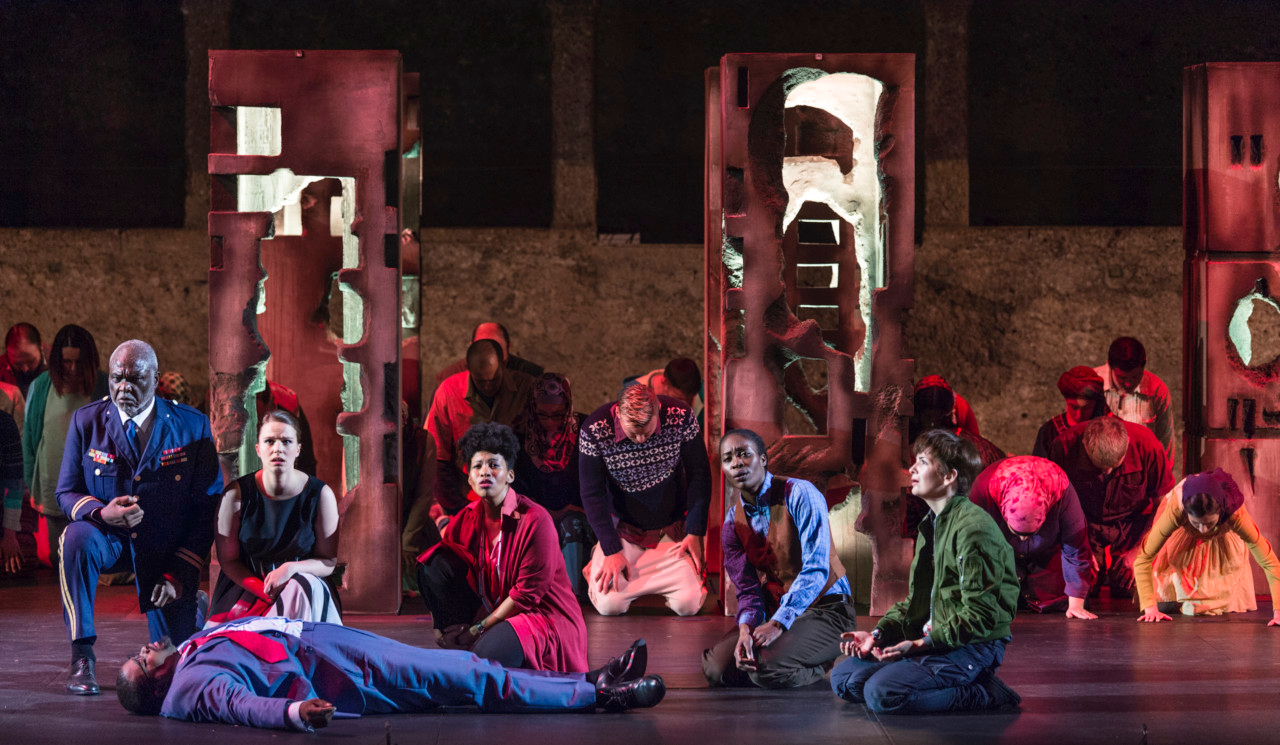In the world of theater, the unseen hands shaping a production are often as crucial as the actors on stage. Among these unsung heroes is the dramaturg, a figure deeply involved in the creation and development of theatrical works. While their role might not always take center stage, their impact is undeniably felt in the fabric of the performance. Let’s delve into the fascinating world of dramaturgy and its pivotal role in shaping theater.
What is Dramaturgy?
Dramaturgy is an intricate craft that involves the analysis, research, and contextual understanding of a dramatic work. This role isn’t restricted to a singular task but encompasses a range of responsibilities. At its core, dramaturgy aims to enrich and refine the storytelling process, lending depth and meaning to the narratives unfolding on stage.
The Multifaceted Role
Research and Contextualization
One of the primary duties of a dramaturg is to dive deep into the historical, social, and cultural contexts surrounding the play. This involves extensive research into the time period, societal norms, and the playwright’s intentions. By understanding the world in which the story exists, the dramaturg equips the production team with invaluable insights that inform everything from character motivations to design choices.
Collaboration and Feedback
The dramaturg acts as a bridge between the playwright, director, actors, and designers. They facilitate discussions, offer perspectives, and provide feedback throughout the creative process. This collaboration is pivotal in ensuring a cohesive vision for the production while respecting the integrity of the original script.
Script Analysis and Development
Beyond understanding the historical context, a dramaturg dissects the script itself. They analyze the characters, themes, and structure, offering suggestions for revisions or clarifications. This meticulous examination helps polish the narrative, making it more resonant and compelling.
Audience Engagement
Dramaturgs often engage with the audience through program notes, pre-show talks, or post-show discussions. These interactions aim to enhance the audience’s experience by providing background information, thematic insights, and avenues for deeper appreciation of the performance.
Impact on Theater Creation
The influence of dramaturgy extends far beyond the walls of the theater. By delving into the heart of a story and contextualizing its themes, dramaturgs enable productions to resonate with audiences on profound levels. Their efforts elevate the quality of storytelling, fostering a deeper connection between the performance and its viewers.
Challenges and Evolution
Despite its significance, dramaturgy faces challenges in today’s rapidly evolving theater landscape. The balance between honoring the original intent of a script and adapting it to reflect contemporary sensibilities can be complex. Moreover, the recognition and understanding of the dramaturg’s role often vary among theater companies and audiences.
However, this field continually evolves, embracing new forms of storytelling and diverse perspectives. As theater becomes more inclusive and representative, dramaturgs play a crucial role in ensuring authenticity and sensitivity in the narratives portrayed on stage.
Conclusion
In the intricate tapestry of theater creation, the role of the dramaturg stands as a testament to the dedication and artistry behind the scenes. Their meticulous work enriches the storytelling process, ensuring that the final production resonates deeply with audiences, transcending mere entertainment to provoke thought and emotion.
As we continue to navigate the ever-evolving landscape of theater, let’s acknowledge and celebrate the invaluable contributions of dramaturgs, whose passion and expertise breathe life into the stories that captivate our hearts and minds on stage.
